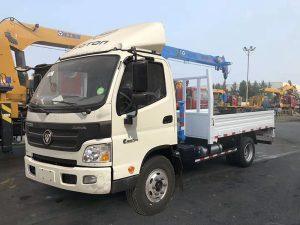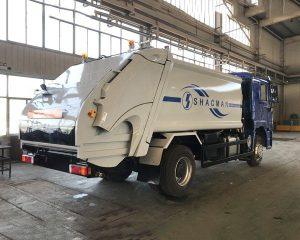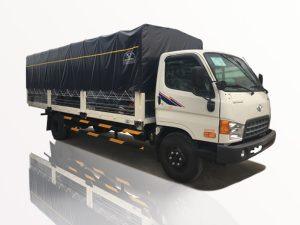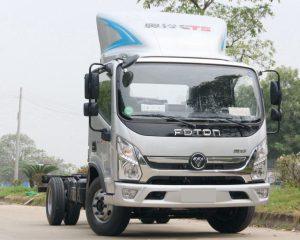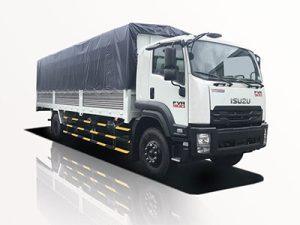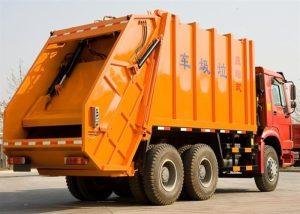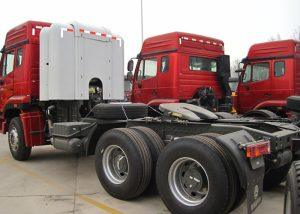Monday to Saturday - 8:00 -17:30
Hydro Excavation Truck Rental: A Comprehensive Guide
In the world of construction and utility work, precision and safety are paramount. One method that has gained traction for these needs is hydro excavation. If you’re considering a hydro excavation truck rental, you’re in the right place. This article will cover everything you need to know about hydro excavation truck rentals, including benefits, applications, rental options, costs, and more.
What is Hydro Excavation?
Hydro excavation is a non-destructive digging method that utilizes high-pressure water to break up soil, which is then vacuumed away. This process allows for accurate excavating without damaging existing underground utilities and structures.
How Hydro Excavation Works
The hydro excavation process consists of two main components:
- High-pressure water system: Water is pressurized and delivered at a targeted stream to break up the soil.
- Vacuum system: The loose soil and debris are then suctioned into a holding tank in the hydro excavation truck.
Benefits of Hydro Excavation
Hydro excavation offers numerous advantages:
- Precision: The method allows operators to excavate with pinpoint accuracy, reducing the risk of damage to nearby structures.
- Speed: Hydro excavation is generally faster than traditional methods.
- Environmentally Friendly: This method minimizes soil disturbance, which is beneficial for landscaping and environmental preservation.
Applications of Hydro Excavation
Hydro excavation is versatile and can be used in various applications:
1. Utility Installation and Repair
Utility companies often use hydro excavation to install, repair, or maintain pipelines, cables, and other underground installations.
2. Slot Trenching
Slot trenching for finding existing utility lines is common. Hydro excavation allows for precise digging without damaging the lines.
3. Potholing
Potholing provides a critical understanding of the depth and location of existing utilities, vital for any construction project.
4. Site Preparation
Prepare sites for new construction projects by safely identifying and relocating any underground utilities.
Why Rent a Hydro Excavation Truck?
Renting a hydro excavation truck can be an excellent option for various reasons:
Cost-Effective
Purchasing a hydro excavation truck can be a hefty investment. Renting allows companies to access the technology when needed without the financial burden of ownership.
Access to Advanced Technology
Rental companies often provide state-of-the-art equipment, ensuring you have the best tools for your project.
Flexibility in Project Scheduling
Blending rental services into your project timeline can streamline operations, allowing you to scale equipment use according to demand.
Choosing the Right Hydro Excavation Truck Rental
When selecting a hydro excavation truck rental, consider the following factors:
1. Equipment Specifications
Understand the specifications you need, such as water pressure, tank capacity, and vacuum power, based on your project requirements.
2. Rental Terms
Look for flexible rental terms that suit your project’s timeline. Some companies offer daily, weekly, or monthly rates.
3. Company Reputation
Review customer testimonials and ratings to gauge the reliability and service level of the rental company.
4. Maintenance and Support
Check if the rental company provides support and maintenance during the rental period. This can prevent unexpected downtime during your project.
Cost of Hydro Excavation Truck Rentals
| Rental Duration | Average Cost |
|---|---|
| Daily | $1,000 – $2,000 |
| Weekly | $4,500 – $8,500 |
| Monthly | $15,000 – $25,000 |
The costs will vary based on the equipment, provider, location, and the specific needs of your project. Always ask for a detailed quote before making a decision.
Preparing for Hydro Excavation Rental
1. Assess Your Needs
Before renting, evaluate the specifics of your project, including soil type and depth, volume of excavation required, and location.
2. Site Inspection
Conducting a site inspection can help identify any potential obstacles that need addressing prior to the project.
3. Training and Safety Procedures
Ensure that your team is well-trained in hydro excavation procedures and safety protocols. Many rental companies offer training as part of their services.
Practical Examples of Hydro Excavation Rental Use Cases
Example 1: Utility Repair
A local municipality needed to repair a damaged water line. They rented a hydro excavation truck for a week, successfully locating and repairing the line without interrupting service.
Example 2: Site Development for Residential Construction
A construction company rented a hydro excavation truck to prepare a site for new utilities. The fast and efficient digging allowed them to meet their timeline seamlessly.
Frequently Asked Questions (FAQs)
1. What types of projects typically require hydro excavation?
Hydro excavation is commonly used for utility installation, repair; potholing, and site preparation, making it suitable for various construction and landscaping projects.
2. How do I select the right rental company for hydro excavation trucks?
Choose a company with a good reputation, flexible rental terms, well-maintained equipment, and a good support system. Check reviews and testimonials before renting.
3. Can I operate a hydro excavation truck rental without prior experience?
It is recommended that operators have training in hydro excavation methods and safety practices. Many rental companies offer training services.
4. How often should I rent a hydro excavation truck?
The frequency of rental depends on your project needs. For one-off projects, renting is cost-effective, while frequent use may warrant purchasing equipment.
5. What maintenance is required for hydro excavation trucks?
Routine checks on the water system, vacuum equipment, and overall condition should be conducted primarily by the rental company. Operators should ensure cleanliness before returning the truck.
6. Are there environmental concerns with hydro excavation?
Hydro excavation is generally considered environmentally friendly since it minimizes soil disruption and disturbance compared to traditional methods.


